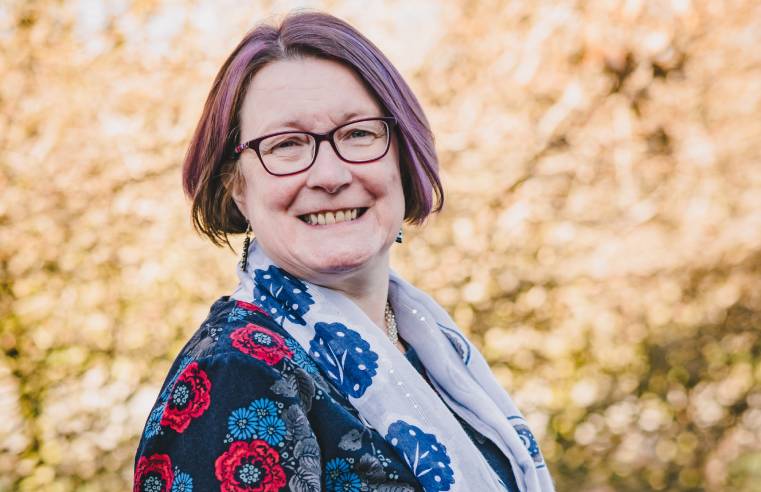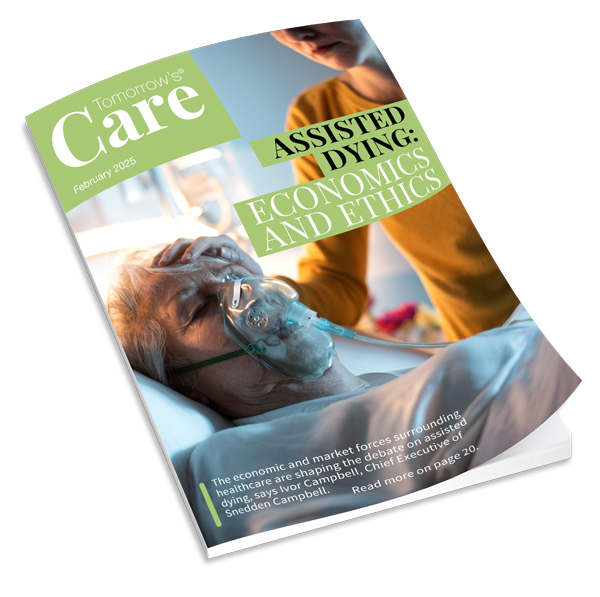Scientists at Cambridge University are testing a face mask that has an anti-viral fabric coating which they believe may kill COVID-19.
The reusable mask was developed by British company LiquidNano and has already been shown to kill a coronavirus that is genetically and structurally very similar to SARS-CoV-2.
The fabric of the mask contains a unique nano-coating called DiOX 4, which has strong anti-viral properties, according to an initial study by the University of Cambridge.
Further testing has now been commissioned to evaluate the efficacy of the mask directly on COVID-19.
Andy Middleton, of LiquidNano, said: "We have created an antimicrobial face mask that is environmentally friendly and ergonomically designed to be worn comfortably for long periods. The mask can be washed up to 20 times, which is a major positive for anybody who is concerned about the environmental impact of disposable masks."
The initial study of the DiOX 4 face mask was overseen by Dr. Graham Christie, Senior Lecturer at the Department of Chemical Engineering and Biotechnology at the University of Cambridge.
Dr Christie commented: "Our study showed that the coating on this face mask has strong anti-viral properties, which are likely to be effective against all types of coronavirus. We initially tested it on a pathogen called MHV-A59, which is genetically and structurally very similar to the causative agent of COVID-19 (SARS-CoV-2). We found that the mask killed almost 95% of the test virus within one hour.
"We followed the industry standard testing for viruses on material (ISO18184:19) but made some critical adaptations to give it a more ‘real-world' relevance. This included conducting splash tests to mimic sneezing to ensure the tests were as rigorous as possible. Therefore, there is evidence to suggest that this mask could be beneficial in helping to prevent human to human transmission of COVID-19, and we are now scheduled to conduct further tests using the SARS-Cov-2 pathogen."
A number of commercial companies, including those within the hospitality and retail sectors, are currently trialling the mask with a view to rolling-out its use for employees.
The study showed that 95% of viral pathogens introduced to the fabric surface were killed within one hour and almost 100% after four hours.
The study found that the mask maintained its antiviral properties after repeated washing, albeit at a reduced rate when compared to a box-fresh mask.
DiOX D4 is an anti-microbial technology based on quaternary ammonium salts, which have proven efficacy against bacteria (including odour control) and viruses. The long chain molecular structure of DIOX D4 enhances efficacy using a mechanical action to spear the outer cell of a pathogen.


























